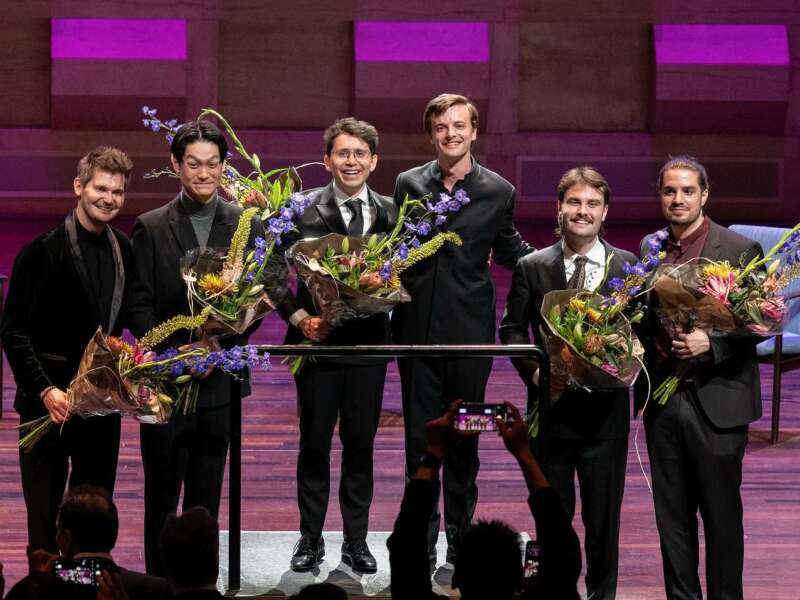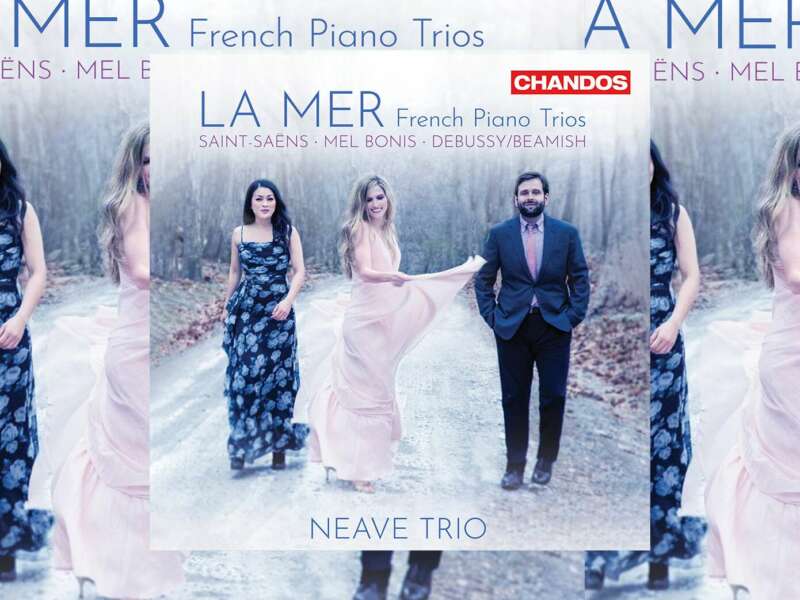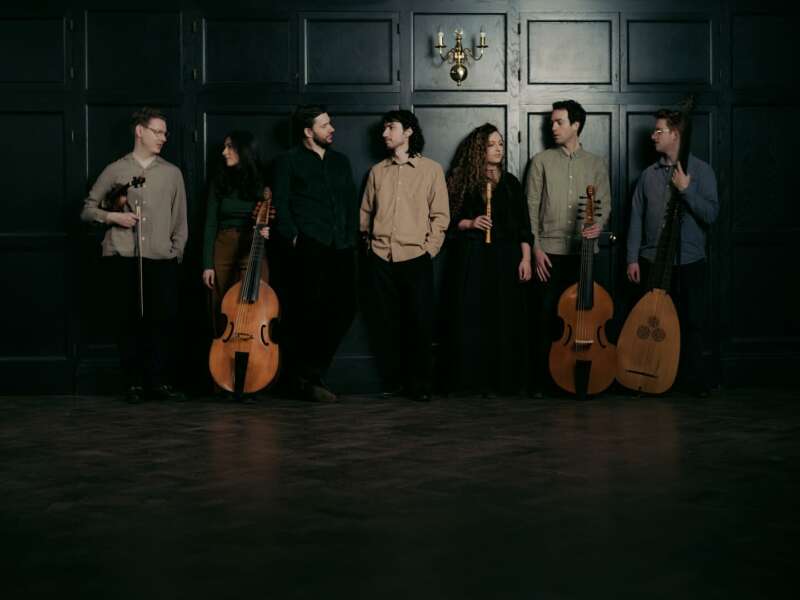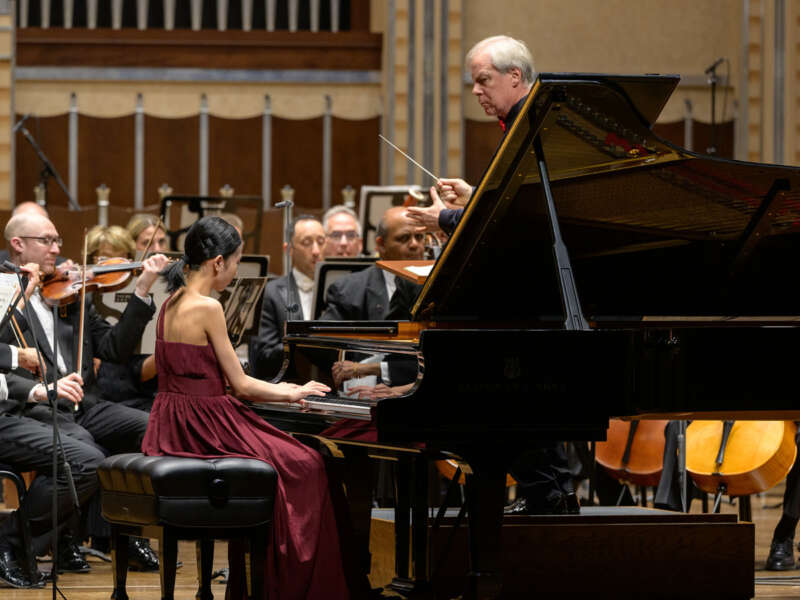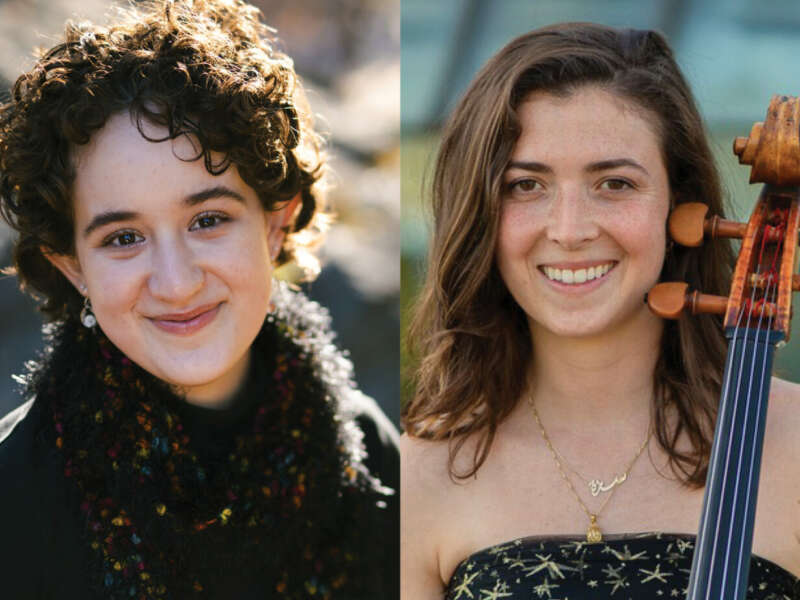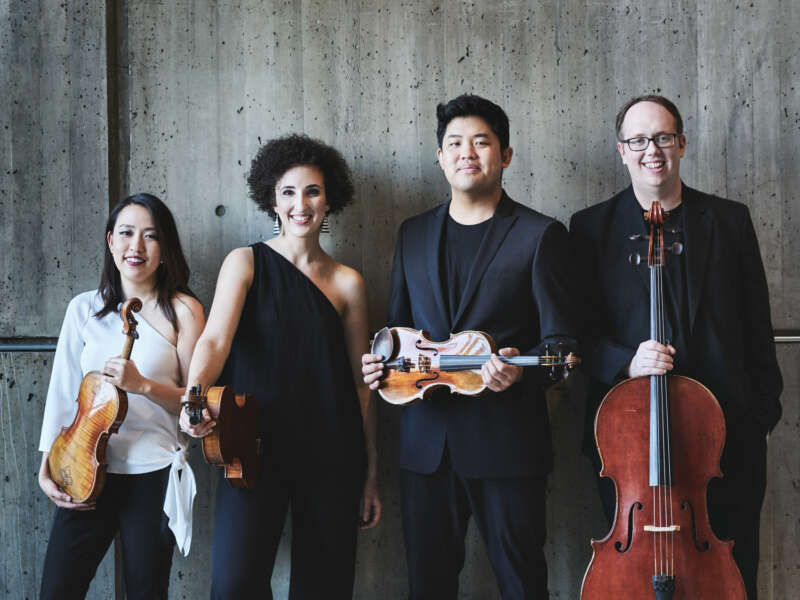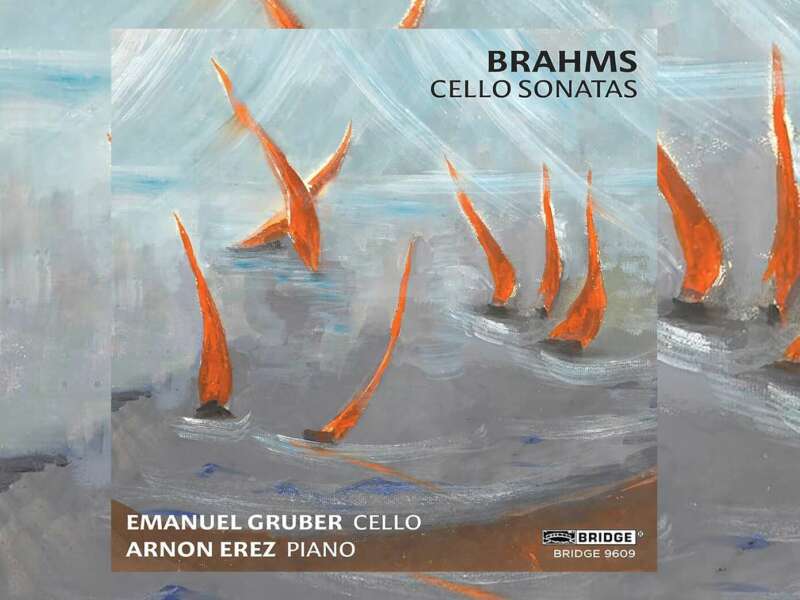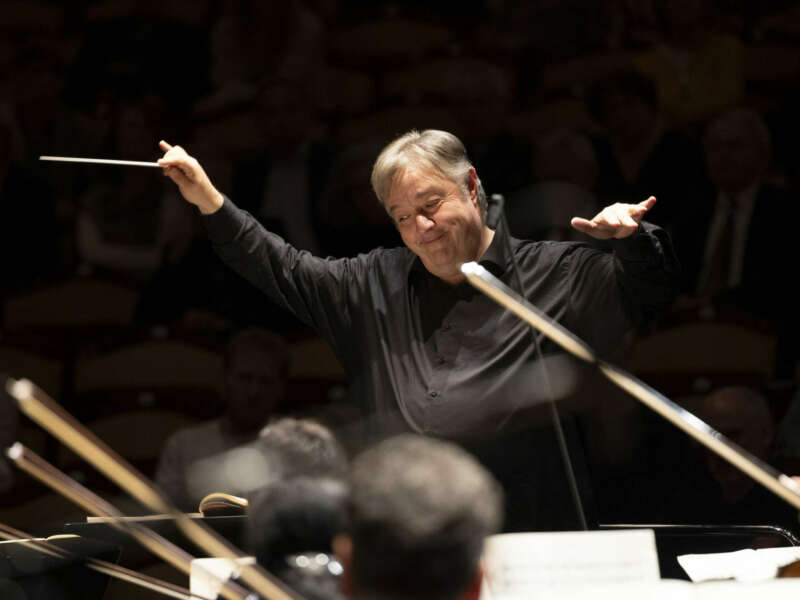Bard Conservatory’s US-China Music Institute Presents 2024 China Now Music Festival
Titled “Composing The Future,” this year’s Festival will feature concerts from October 12–19, 2024, at Carnegie Hall
Now entering its seventh year, the China Now Music Festival is an annual series of events produced by the US-China Music Institute of the Bard College Conservatory of Music in collaboration with China’s Central Conservatory of Music (CCOM).
The festival is dedicated to promoting an understanding and appreciation of classical music from contemporary China. Exploring a singular idea each year, this year’s theme of “Composing The Future,” will involve repertoire examining the intersection of technology and music.
On October 12, conductor Jindong Cai will lead The Orchestra Now at the Stern Auditorium in Carnegie Hall with works including the Juilliard-trained composer and pianist Peng-Peng Gong’s Of Peking and Opera — an abridged version of his acclaimed Tenth Symphony, which was was originally co-commissioned by the Philadelphia Orchestra and the Shanghai Philharmonic Orchestra.
This concert will also feature the Pulitzer Prize-winner Du Yun’s Hundred Heads (In Tribute to Ray Charles), which highlights Charles’ trademark brass rhythms and draws on Buddhist mythology to represent the essence of his musical gifts.
Additionally, China Now has asked CCOM’s Department of Music Artificial Intelligence to contribute orchestral pieces composed in part by AI, plus works that experimentally incorporate AI technology in live performances.
Highlights in this part of the program include Li Xiaobing’s AI Suite, which uses a “Cloud Chorus” of 1,000 voices gathered from around the world, and a piece by Sun Yuming, where a traditional guzheng zither is played on stage without the performer touching the instrument.
Other works will include symphonic pieces by Qin Wenchen and Yao Chen from the composition faculty of CCOM.
The pre-concert event at Carnegie Hall will see a panel of composers and music researchers convene for the second annual US-China Music Forum to explore how technology and music can intersect in new music composition.
The second concert on October 19 at Carnegie’s Zankel Hall will feature selections from the chamber opera AI’s Variation: Opera of the Future by Hao Weiya, performed by Cai and the China Now Chamber Orchestra.
Relating to the ethics of science and technology merging with human creativity, Weiya’s work for three voices and a chamber orchestra, tells the story of a troubled artist who allows his identity to be ‘enhanced’ by AI but then struggles with the consequences.
This program will also feature the Bard East/West Ensemble and the Duo Chinoiserie in the French composer Mathias Duplessy’s Zhong Kui’s Adventures in an arrangement made especially for this concert.
More works include the Chinese composer Jia Guoping’s Ripples in Spacetime, inspired by pulsar signals in deep space, and Shi Fuhong’s Vital Momentum, which was commissioned by the China Now Music Festival and explores the themes of life, vitality, humanity, nature, heaven, earth, and time.
Composer Yan Yan, from China Now’s Emerging Composers Discovery Project, will also present a new re-imagining of the classic ghost story Painted Skin, composed especially as a commission for the Bard East/West Ensemble.
The same program on October 19 will also be performed in a free concert at Bard College’s Fisher Center on October 18.
In the previous six seasons, China Now has attracted over 10,000 live audience members, and nearly 100,000 viewers for its online programs.
“Generations of composers in China have been paving the way for the future of classical music,” said Jindong Cai, China Now’s artistic director. “Some are now experimenting with rapidly developing technologies, like AI, that can provide us with new ways to enhance musical expression. This year, China Now explores these new frontiers in music with some of the greatest living composers from China. But even as we venture into this brave new world, we remain certain that, at its core, music-making must always come from the creative heart and imaginative mind of a human being.”
For more information and event tickets, click here.
june 2025
july 2025






